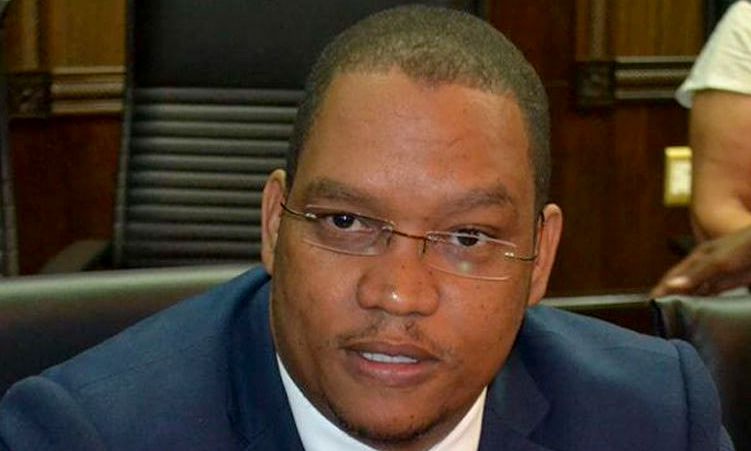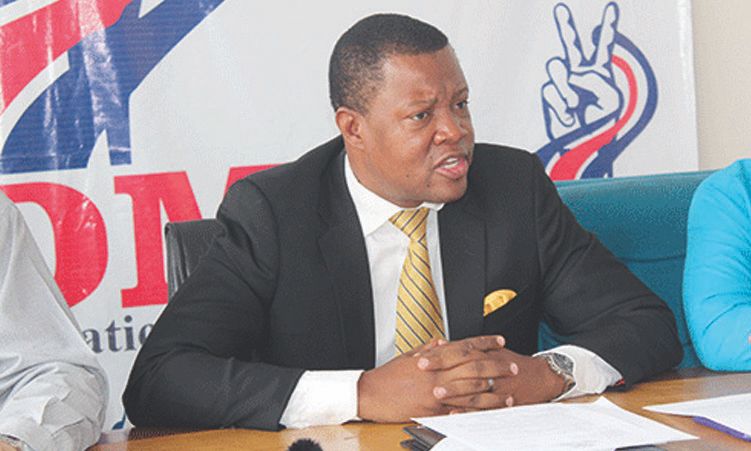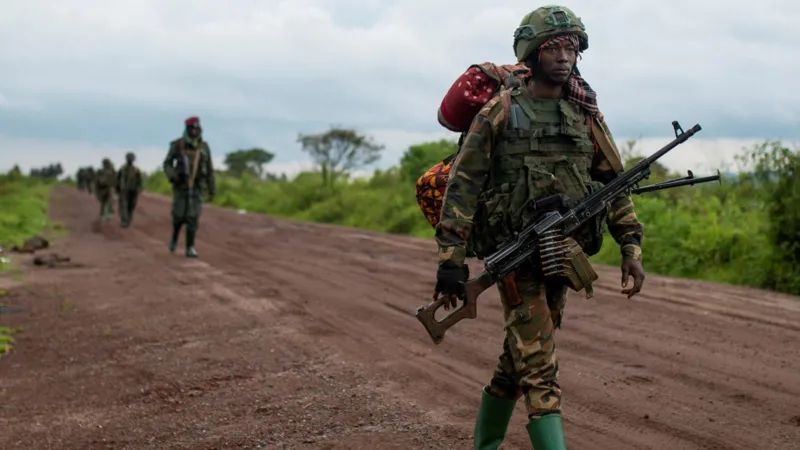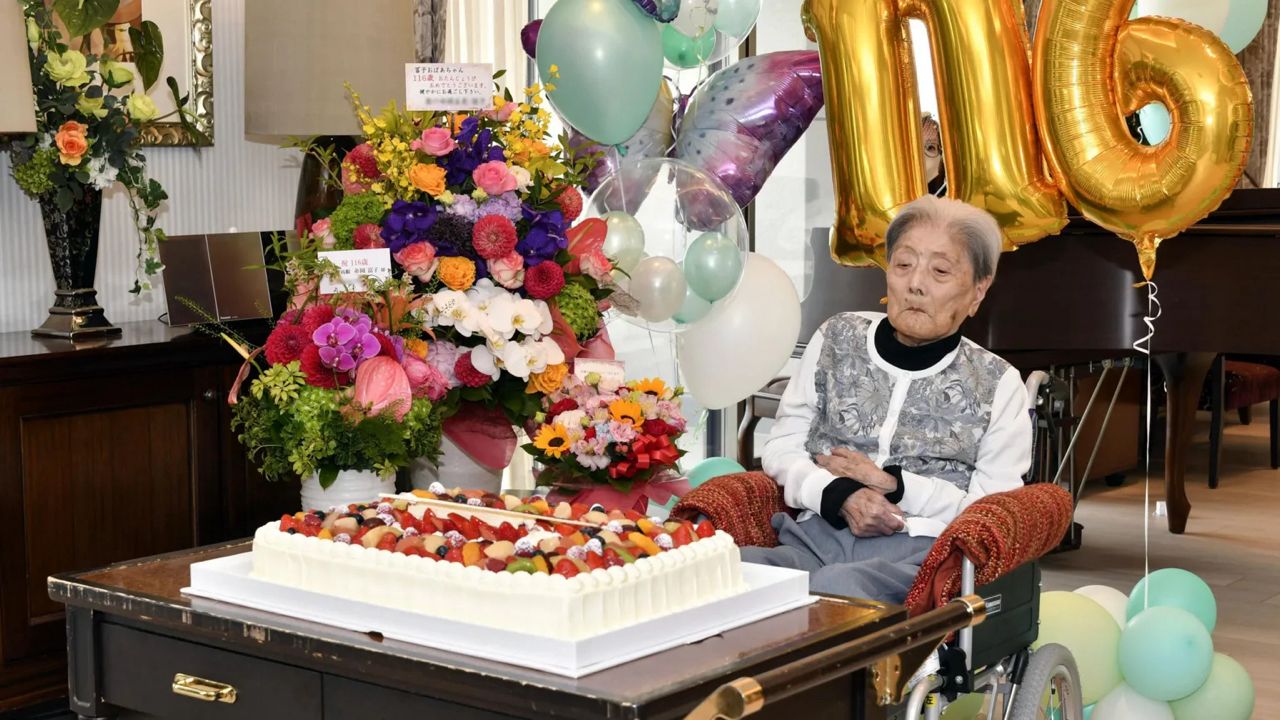The rule of law – a foundational principle of Namibia’s constitutional system – was tested and challenged both in and outside the country’s courts this year.
In the courts, dogged litigation by a company that refused to accept it had lost a contract to provide ground handling services at the country’s biggest airport tested the principle that litigants must comply with court decisions, whether they agree with them or not.
It took a Supreme Court judgement and decisions by several judges of the High Court before the intransigent litigant in that saga grudgingly accepted a succession of court rulings against it and the state of affairs it was confronted with – but by then it had set an example for how a party with financial means can test court processes and frustrate court orders to the limit, in an attempt to avert or delay the inevitable.
In the Supreme Court, a judgement on the status of same-sex marriages – by now legal in more than 30 countries, and a phenomenon in a changing world that Namibia cannot avoid dealing with – in May set off reactions that ended up in parliament, where a bill aimed at negating the court’s decision was approved.
That reaction represents a serious challenge to the rule of law and the supremacy of the Constitution in Namibia. It can safely be expected that the same issue, and questions regarding equality, tolerance and the protection of the rights of minorities, will again pose a challenge for Namibia’s courts in times ahead.
We take a look back at some cases that stood out in Namibia’s courts this year:
27 January: A 27-year-old man, Patrick Shuya Mesho, who murdered his former girlfriend Ronnica Sipepiso Mashala (24) and a 31-year-old man, Fredi Jona, in a jealousy-fuelled knife attack at Katima Mulilo on 1 February 2017, is sentenced by judge Duard Kesslau in the Oshakati High Court to an effective prison term of 37 years.
6 March: The state has shown it has a strong case against six of the men charged in the Fishrot fishing quotas fraud and corruption case, the Supreme Court concludes in a judgement in which bail appeals by the six accused – Sacky Shanghala, James Hatuikulipi, Mike Nghipunya, Pius Mwatelulo, Otneel Shuudifonya and Phillipus Mwapopi – are dismissed.
17 March: Judge Claudia Claasen sentences a Russian national, Alexander Krylov (62), convicted on 10 counts of rape and 10 charges of trafficking in persons in connection with the sexual exploitation of five teenage girls at Walvis Bay during 2017, in the Windhoek High Court to an effective prison term of 35 years. A second accused, Namibian citizen Anna Engelbrecht, who was found guilty on three charges of rape and five counts of trafficking in persons, is sentenced to an effective jail term of 20 years. Krylov dies in a suspected suicide in prison in August.
16 May: In a landmark judgement,
the Supreme Court states that the home affairs ministry’s refusal to give official recognition to same-sex marriages validly concluded outside Namibia infringes the constitutional rights to dignity, equality and freedom from discrimination.
Four judges of the country’s top court made this finding in a judgement in which the court rules that two same-sex marriages validly concluded outside Namibia must receive official recognition by the Namibian government.
The judgement marks the first time that the country’s Supreme Court has stated that same-sex couples are, in terms of the Constitution, entitled to equality under the law.
9 June: In the Supreme Court, the airport services company Menzies Aviation loses an appeal against a High Court judgement in which it was declared that its contract to provide ground handling services at Hosea Kutako International Airport came to an end at the close of June 2022.
In the wake of the Supreme Court’s decision, Menzies embarks on a flurry of litigation in the High Court in an ultimately failed attempt to hold on to the airport contract.

13 June: The trial of siblings Azaan Madisia (31) and Steven Mulundu (25) ends in the Windhoek High Court when judge Christie Liebenberg sentences Madisia to an effective prison term of six years and Malundu is given an effective jail term of four years on a charge of defeating or obstructing the course of justice. Madisia and Mulundu were acquitted on a charge of murder in connection with the death of the 21-year-old Shanon Wasserfall, who disappeared at Walvis Bay in April 2020 and whose skeletal remains were discovered in a shallow grave at the town in October 2020.
18 July: The Supreme Court declares the Namibian prison authorities’ blanket denial of contact visits to awaiting-trial inmates, without considering the merits of each individual detained person’s case, is inconsistent with the Constitution’s guarantee of respect for human dignity and protection of the right to a fair trial.
The court also declares a section of the Correctional Service Act about the placing of problematical prison inmates in separate cells and a regulation on the solitary confinement of inmates as inconsistent with the Constitution’s protection of liberty and prohibition of arbitrary detention.
10 August: In the High Court sitting at Rundu, judge president Petrus Damaseb sentences the 35-year-old Markus Sivute Nduno to life imprisonment. Nduno admitted that he brutally murdered his girlfriend, Paula Kanadambo Sindendere, in October 2017 by hacking her to death with a panga at a village in the Rundu district.
18 August: Judge Herman January sentences Jackson Katjombe (37) in the Windhoek High Court to an effective prison term of 35 years. Katjombe was convicted on three counts of rape, committed at a farm in the Otjimbingwe area in the Karibib district between January and September 2018. The judge found Katjombe had raped two women with intellectual disabilities and a girl who was between eight and nine years old.
12 October: After nearly seven months in jail, Namibia Economic Freedom Fighters member Michael Amushelelo hears in the Windhoek Magistrate’s Court in Katutura that magistrate Linus Samunzala has found him and a fellow activist, Dimbulukeni Nauyoma, not guilty on counts of public violence, malicious damage to property and incitement of public violence in connection with a public demonstration about unemployment in Namibia that they organised to take place on 21 March this year.
17 October: Three judges of the High Court dismiss a constitutional attack on a section of the Prevention of Organised Crime Act by one of the accused in the Fishrot fishing quotas fraud, corruption and racketeering case. James Hatuikulipi also wanted the court to declare a property restraint order affecting assets of some of the accused in the Fishrot case as unconstitutional and to set aside the order – but failed in that quest as well.
26 October: High Court judge Christie Liebenberg sentences American citizens Marcus Thomas (38) and Kevan Townsend (37) to effective prison terms of 30 years and 29 years, respectively, at the end of their long-running trial over the murder of a 25-year-old man, Andre Heckmair, who was killed when he was shot in the head in a car in Windhoek on 7 January 2011.
6 December: In the Oshakati High Court, judge Duard Kesslau sentences a 31-year-old double killer, Menas Thomas Hifanye, to two terms of life imprisonment and jail terms of 10 years and 15 years, respectively, on counts of robbery with aggravating circumstances and rape. Hifanye was convicted of brutally murdering two boys, Linus Ndapuka and Thomas Ndapuka Malakia, by clubbing them to death, and robbing and raping the boys’ grandmother at a village in the Outapi area on 14 to 15 February 2019.
Stay informed with The Namibian – your source for credible journalism. Get in-depth reporting and opinions for
only N$85 a month. Invest in journalism, invest in democracy –
Subscribe Now!








